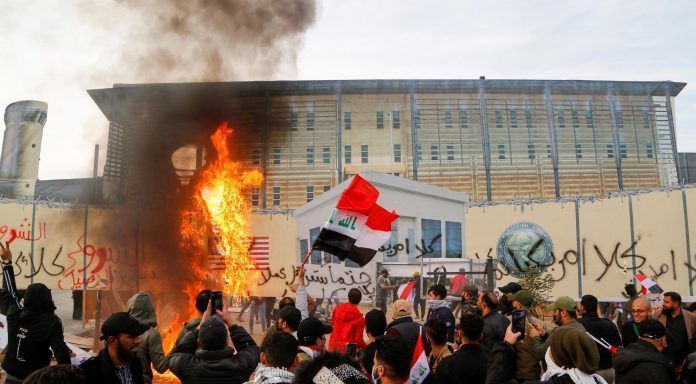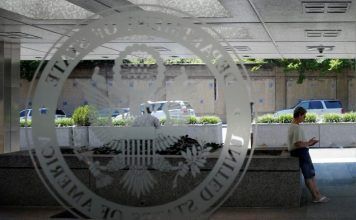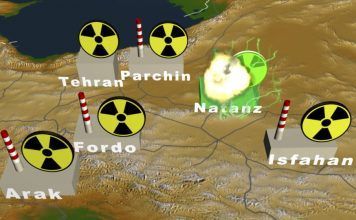
JERUSALEM, Aug 24 (Reuters) – A new nuclear deal between world powers and Iran would allow other nations to avoid sanctions and give Teheran $100 billion a year to destabilise the Middle East, Israeli Prime Minister Yair Lapid said on Wednesday.
The United States aims to respond soon to a draft accord proposed by the European Union that would restore the 2015 nuclear deal with Iran, under which it curbed its disputed uranium enrichment programme in exchange for sanctions relief.
The deal was abandoned in 2018 by then-U.S. President Donald Trump. Current President Joe Biden has sought to revive it. Iran has demanded that crippling U.S. financial and trade sanctions reimposed on it by Trump be scrapped as part of any new deal.
Iran Enriching Uranium With More Ir-6 Centrifuges at Natanz – IAEA
“On the table right now is a bad deal. It would give Iran a hundred billion dollars a year … that will be used to undermine stability in the Middle East and spread terror around the globe,” Lapid said. Iran denies fomenting terrorism.
“The sweeping removal of sanctions on sectors like banking – against financial institutions designated today as supporting terrorism – means the Iranians will have no problem whatsoever laundering money … Iran will assist other nations facing sanctions to evade them.”
Biden, Israel’s Lapid Speak Amid Discussions on Possible Iran Nuclear Deal
Lapid’s office said they “spoke at length about the negotiations on a nuclear agreement, and their shared commitment to stopping #Iran’s progress towards a nuclear weapon.”https://t.co/aoi7a2FRDv— Kayhan Life (@KayhanLife) August 31, 2022
Lapid did not provide details of what his $100 billion figure was based on, or name nations that could dodge sanctions.
Some critics of the draft deal point to the possibility of Russia – a party to the 2015 pact with Iran but now under severe Western sanctions over its invasion of Ukraine – stepping up transactions with Iran, including oil and weapons.
On Wednesday, Iran launched exercises to test its combat and reconnaissance drones, state media reported, amid U.S. concerns over the possible supply of Iranian-made unmanned aircraft to Russia for use in its invasion of Ukraine. Read full story
Israel is not a party to the ongoing nuclear negotiations. But its worries about its arch-enemy and veiled threats to take pre-emptive military action against Iran if it deems diplomacy a dead end have kept Western capitals attentive.
Israeli Defence Minister Benny Gantz is expected to travel to Washington on Thursday, his office said, following other Israeli security officials this week who held discussions with U.S. officials about Iran.
(Reporting by Maayan LubellEditing by Mark Heinrich)







